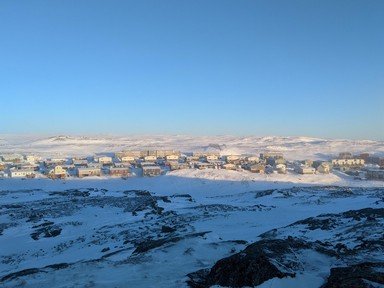
Tabulating Territories Trivia Quiz
Canada
Today we are visiting Canada's three territories. Your task is to sort through the geographic features, locations, and cities in order to list each one with its correct territory. Good luck!
A classification quiz
by ponycargirl.
Estimated time: 3 mins.